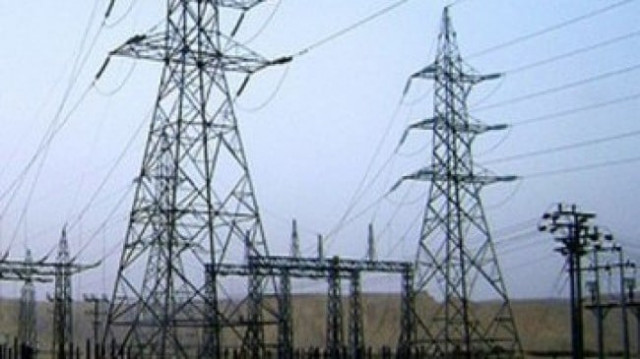NEPRA jacks up power tariff by Rs7.90 per unit
Regulator allows increase on account of monthly fuel adjustment for May 2022

The National Electric Power Regulatory Authority (Nepra) on Monday indicated another increase in electricity tariff by Rs7.90 per unit on account of monthly fuel adjustment (MFA) for May 2022.
The power regulator had held a public hearing to consider the MFA. The hearing was presided over by Nepra Chairman Engineer Tauseef H Farooqi. Nepra members Engineer Rafiq Ahmed Sheikh and Engineer Maqsood Anwar Khan were also present.
The Central Power Purchasing Agency-Guarantee had submitted an application for an increase of Rs7.96 per unit, Nepra said. According to the preliminary examination of the data, Nepra had worked out an increase of Rs7 per unit.
Earlier in April, the power distribution companies had charged Rs3.99 per unit on account of fuel adjustment, which was for one month only. The distribution companies would charge Rs3.91 per unit more than April in July bills under the MFA. This will also apply for only one month.
This will apply to all Discos’ customers except lifeline consumers. However, the K-Electric consumers will be exempted. The authority will issue its detailed decision after further scrutiny of the data, Nepra said.
The CPPA had filed an application on behalf of power companies, pleading the power sector regulator to allow increase in electricity rates due to use of expensive fuel in power generation.
The total cost of electricity production from various sources stood at Rs13.8969 per unit during the month of May 2022 against the reference fuel cost of Rs5.93 per unit, registering an increase of Rs7.96 per unit.
Read NEPRA approves tariff hike of Rs1.55
The application filed by the CPPA has highlighted that the most expensive electricity was generated from furnace oil at the rate of Rs33.67 per unit, and the cost of power generated through diesel (HSD) was Rs30.09 per unit.
While the furnace oil and HSD collectively accounted for only 8.99% of the total electricity produced in the country, the high cost of generation through the re-gasified liquefied natural gas (RLNG) pushed the overall rate upwards in the power basket.
The cost of electricity obtained from the RLNG was Rs27.92 per unit and it contributed to 22.89% of the electricity produced in the country. In contrast, the cost of power produced from coal was Rs18.01 per unit, but only 13.77% of total electricity produced in the month of May was generated from coal.
The cheapest source of electricity in country in May was the nuclear power plants, which provided almost 13% of the net consumption at a rate of Rs1.05 per unit.
In May, Pakistan imported a very small amount of electricity from Iran mainly for bordering areas of Balochistan at the cost of Rs18.95 per unit, and limited percentage of power was generated by the captive power plants of sugar mills at Rs5.98 per unit.
The CPPA had also informed Nepra that there was no power generation from hydel, wind and solar sources in May, due to negligible outflow from the dams and unfavourable weather conditions.
The consumers had recently faced massive hike in prices of petroleum products. The base tariff of electricity had also been increased by the coalition government from Rs16 to Rs24 per unit.
Due to higher increase in energy prices, the cost of doing business in Pakistan would rise and also lead to higher inflationary rates. The higher rates of energy prices would also hit the economic growth of the country due to higher cost of doing business.


1724319076-0/Untitled-design-(5)1724319076-0-208x130.webp)
















COMMENTS
Comments are moderated and generally will be posted if they are on-topic and not abusive.
For more information, please see our Comments FAQ